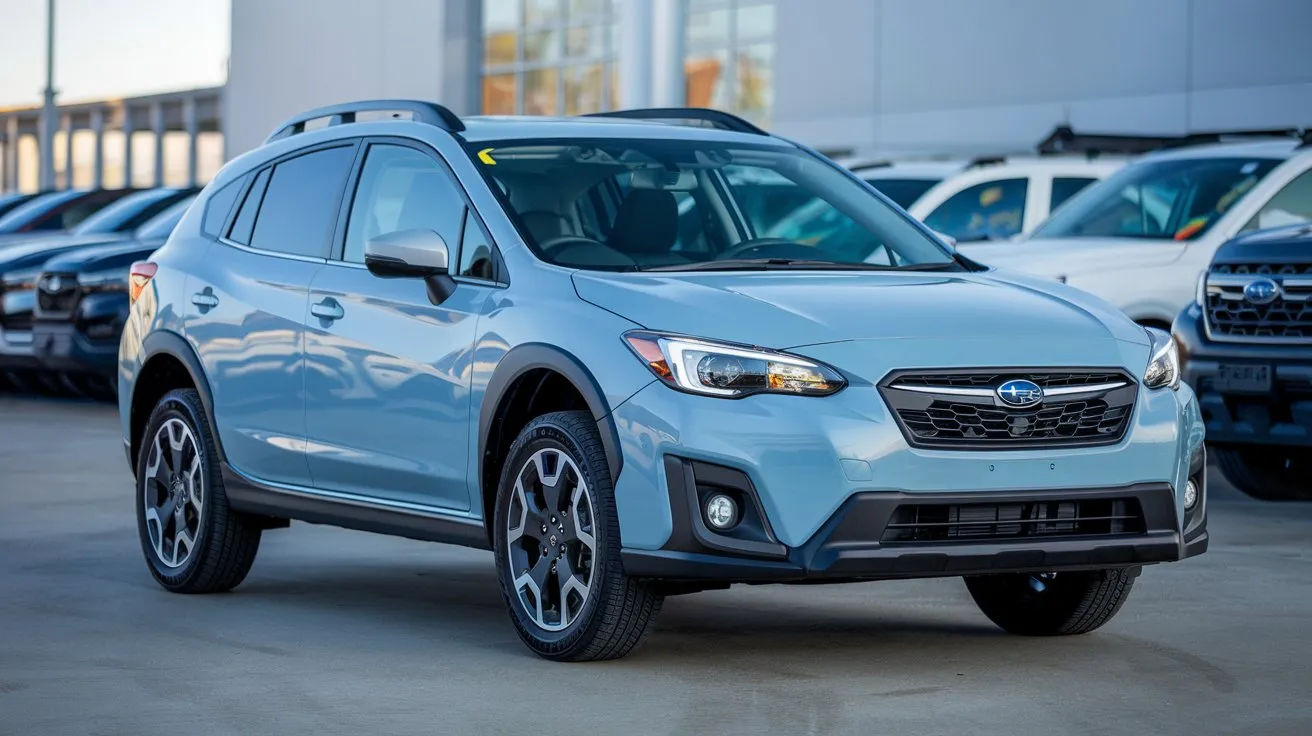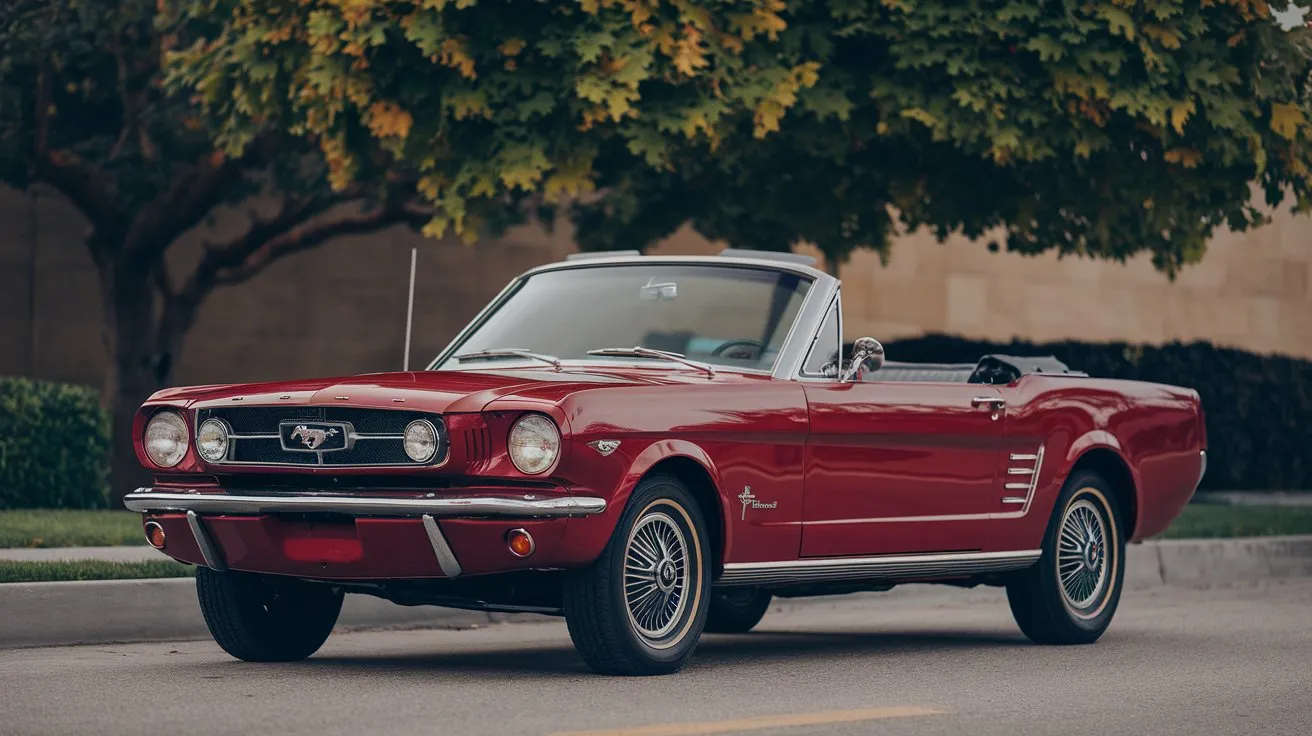The Five-Minute Walkaround: What Your Eyes and Ears Can Tell You On The Dealer's Lot

The moment you step onto a used car lot, you’re not just shopping for a vehicle - you’re entering an environment carefully designed to influence your decisions. But in just five minutes, you can gather crucial intelligence about both the car and the dealership that could save you thousands of dollars and countless headaches.
Before You Even Look at Cars
Reading the Lot
-
How are the vehicles arranged? (Flashy cars up front often mask better deals in back)
-
Are prices clearly displayed, or do you have to “ask for details”?
-
Notice the condition of lower-priced vehicles - they show the dealership’s true standards
Watching the Staff
-
Do salespeople huddle near the entrance or give you space?
-
Are they constantly checking their phones or actively engaged?
-
Notice how they interact with other customers
-
Watch for the “hand-off” between staff members (multiple people involved usually means multiple pressure points)
The Vehicle Assessment
First Impressions Count
-
Stand back and observe the car from 20 feet away
-
Is it perfectly level, or tilting slightly?
-
Do all body panels catch light the same way?
-
Does the paint color match perfectly across all panels?
The Quick-Check Circuit
Walk clockwise around the vehicle, spending no more than 30 seconds per side:
Front
-
Panel gaps even?
-
Hood lines straight?
-
Windshield free of chips/cracks?
-
Headlights clear or cloudy?
Driver’s Side
-
Door handles all same color/wear?
-
Consistent paint texture?
-
Rocker panel straight?
-
Window trim intact?
Rear
-
Trunk gap even?
-
Exhaust tips: black soot or clean?
-
Bumper scrapes or scuffs?
-
Taillight lenses matching?
Passenger Side
-
Compare to driver’s side
-
Any differences are red flags
-
Check wheel style matches
Listen to More Than the Salesperson
Environmental Cues
-
Other customers: Happy? Frustrated?
-
Phone conversations: Urgent? Pressured?
-
Service department activity level
-
General atmosphere: Rushed or relaxed?
The Car’s Story
-
Cold start sound
-
Idle quality
-
A/C fan noise
-
Door sound when closing
Red Flags in Dealer Behavior
Pressure Tactics
-
“Let’s go inside and talk”
-
“What would it take to earn your business today?”
-
“Another customer is interested”
-
Pushing for personal information early
Information Control
-
Reluctance to show service records
-
Vague answers about vehicle history
-
Deflecting specific questions
-
Rushing through details
Green Flags to Notice
Professional Operations
-
Clean, organized facility
-
Transparent pricing
-
Readily available vehicle histories
-
Encouraging independent inspections
Customer Service
-
Giving you space to look
-
Direct answers to questions
-
No pressure to “go inside”
-
Offering detailed vehicle information
Using Your Observations
When to Dig Deeper
-
Any single major red flag
-
Multiple minor concerns
-
Inconsistent information
-
Gut feeling something’s off
When to Walk Away
-
High-pressure atmosphere
-
Evasive answers
-
Resistance to inspection
-
Poor vehicle preparation
The Professional Edge
At Spokane Preinspection, we’ve seen how these quick observations often align with what we find in our detailed inspections. While a five-minute walkaround won’t catch everything, it can help you:
-
Avoid obviously problematic vehicles
-
Identify questionable dealership practices
-
Save time on unsuitable options
-
Focus your detailed inspection budget on promising candidates
Making Your Time Count
Do:
-
Take photos for comparison
-
Note specific concerns
-
Trust your instincts
-
Keep conversations brief
Don’t:
-
Feel pressured to go inside
-
Share personal information
-
Make excuses to leave
-
Ignore your gut feelings
Conclusion
Remember, Washington State has no “cooling-off” period for vehicle purchases. These five minutes of observation could be your best defense against a costly mistake. The right dealership will respect your process, and the right car will still be available after a thorough inspection.
Ready to get an expert’s eyes on your potential purchase? Schedule Your Inspection Now and let us help you make a confident decision.
About the Author
John Coleman
Founder, Spokane Preinspection
I started Spokane Preinspection with one goal: make buying a used car easier, faster, and more fair. Every inspection we do puts real information in buyers' hands so they can make confident decisions.
Learn More About Us →Ready to Buy or Sell With Confidence?
Book a professional pre-purchase inspection and know exactly what you're dealing with.
Book Inspection

